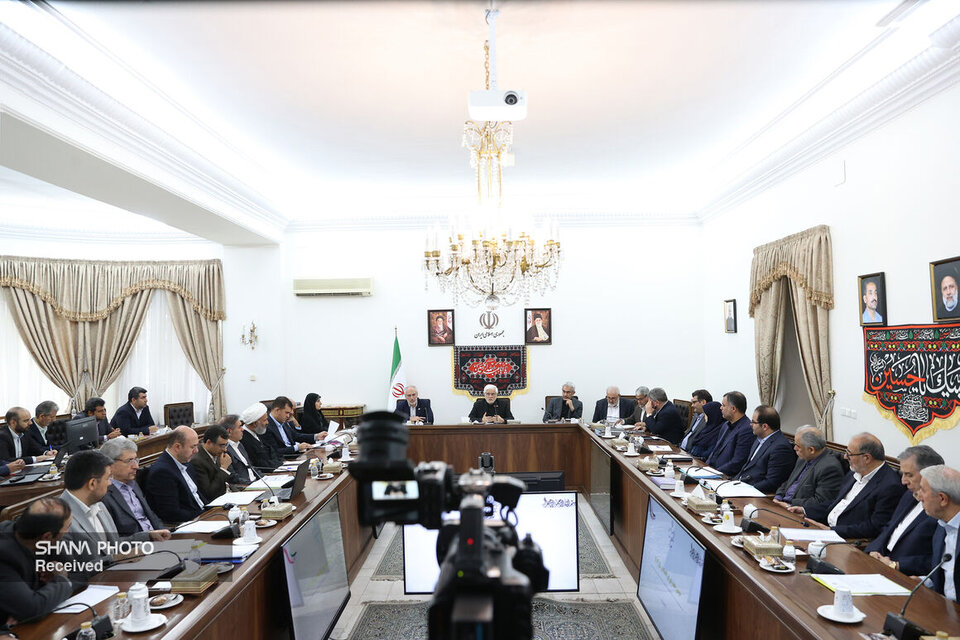According to a report from the office of Iran’s First Vice President, Mohammadreza Aref, the council emphasized during its Monday meeting that as one of the country’s most important economic bodies, it must prioritize a strategy of full preparedness.
Aref stated that adversaries had targeted Iran’s social capital and believed that after military operations on the first day of the 12-day war, they could sway public opinion by the second day. Their focus, he said, was on weakening social cohesion. Therefore, he stressed the need to align with public demands, as citizens seek dignified living conditions, and government efforts should be directed accordingly.
Aref praised the solidarity and coordination among state institutions, particularly economic sectors, during the 12-day war. He noted that government meetings were held from the first day of the conflict, with economic sector reports prepared and reviewed in the initial session. All government bodies continued operations without hesitation, and issues were resolved through cooperation. He also highlighted strong coordination among the heads and deputies of the three branches of government.
The meeting was attended by the head of the Plan and Budget Organization, the secretary of the Cabinet, the vice president for science, technology, and knowledge-based economy, the ministers of economy, roads and urban development, labor and social welfare, and energy, as well as the government spokesperson, the head of the Government Information Council, and other officials. The council approved the National Development Fund’s investment in the emergency plan to increase crude oil production by 250,000 barrels per day and a project to build 7,000 megawatts of solar power plants.


Your Comment